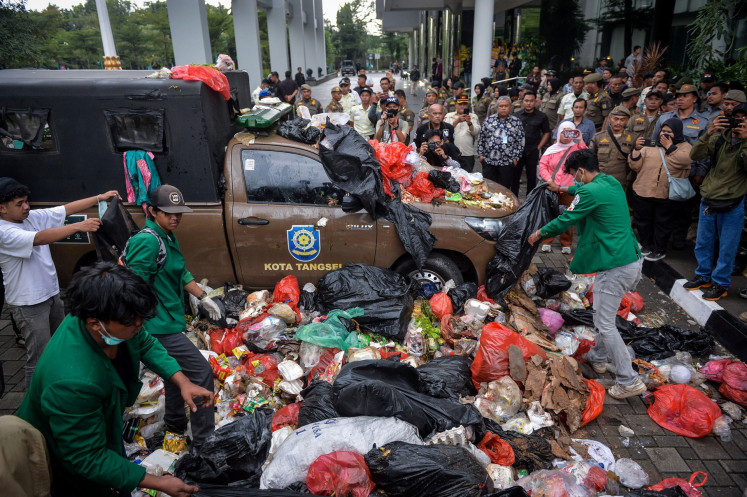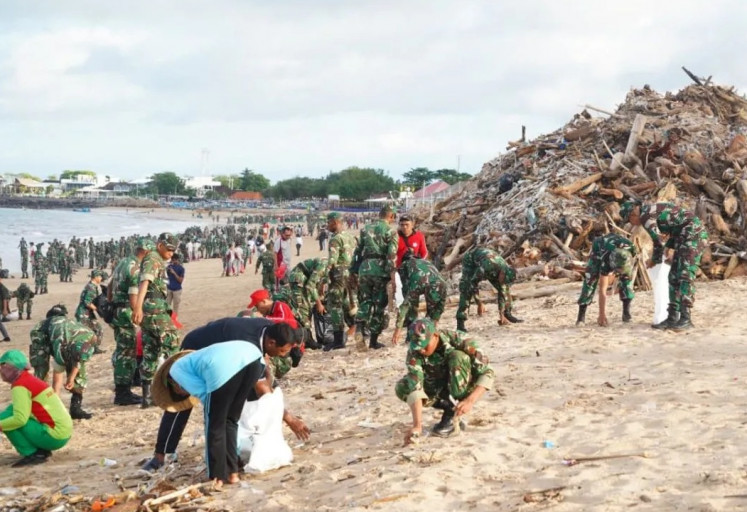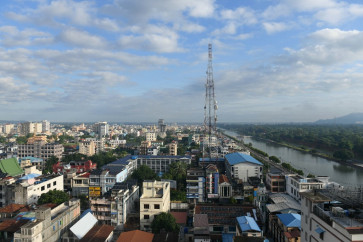Popular Reads
Top Results
Can't find what you're looking for?
View all search resultsPopular Reads
Top Results
Can't find what you're looking for?
View all search resultsMyanmar’s prolonged debacle: What is the endgame?
The government of President Prabowo could offer a fresh outlook on resolving the Myanmar crisis, perhaps in a third-party role, considering that our two countries share a similar history and our militaries have close historic ties.
Change text size
Gift Premium Articles
to Anyone
I
n late September 2003, I had a rare opportunity to visit Yangon, Myanmar, for the first time, accompanying foreign minister Ali Alatas, who was also a special envoy of president Megawati Soekarnoputri.
Alatas, a world-renowned veteran diplomat, was assigned at the time to persuade the ruling Myanmar military junta to release opposition leader Aung San Suu Kyi.
Suu Kyi’s detention of became a thorny issue during Indonesia’s ASEAN chairmanship in 2003, and there was a genuine concern that it would overshadow discussions during the summit.
In Yangon, the Alatas-led delegation met with many high-ranking officials, including Senior Gen. Than Shwe.
While transiting in Singapore on his way back to Jakarta, Alatas received encouraging news that Suu Kyi had been transferred to her house and was no longer being held at the detention center.
Twenty years later, hearing the news that Suu Kyi was now back in detention after enjoying freedom and leading Myanmar under a parliamentary democracy, caused a flashback.
Today, Myanmar is experiencing armed conflicts and widespread turmoil under the current military government. This deadly armed confrontation occurring in Indonesia’s immediate concentricity has led to an influx of refugees in the region.



















